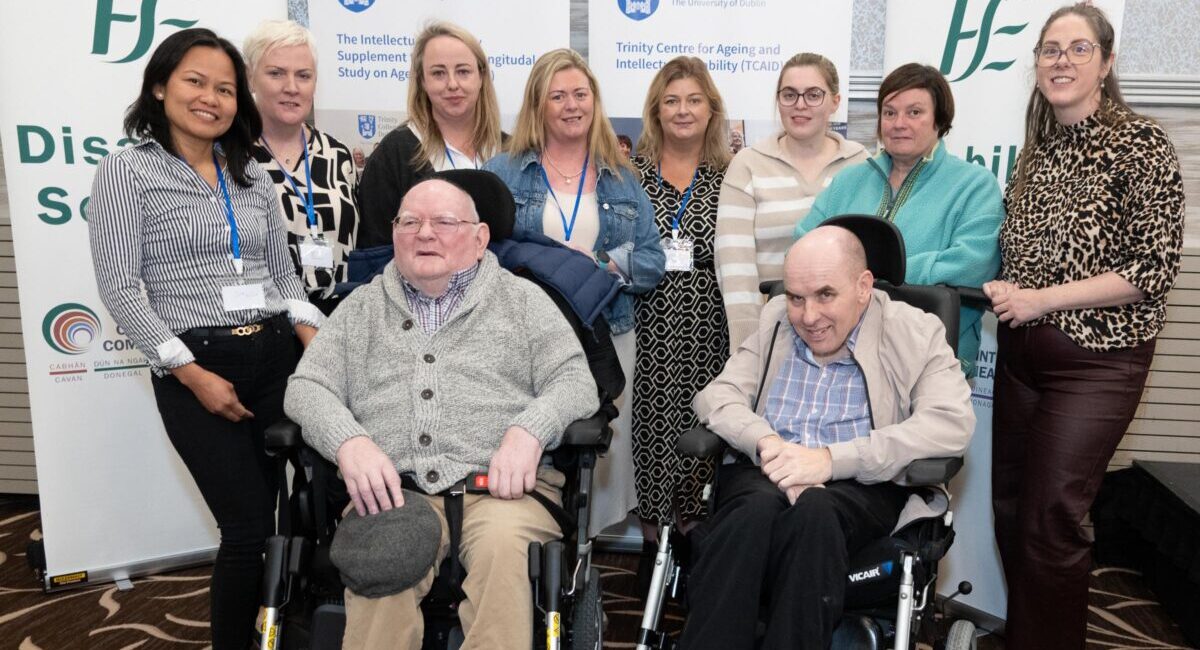Letterkenny hosted an important conference discussing the care needs of aging members of the community with intellectual disabilities today.
The conference was hosted by Donegal HSE Disability Services and the Nursing & Midwifery Planning and Development Unit North West (NMPDU), in collaboration with Trinity College Dublin and their Centre for Ageing and Intellectual Disability.
Discussion focused on strategic planning and delivery of services for aging people with intellectual disabilities, by using an evidence-based approach.
Key research insights were shared from wave 5 of the IDS-TILDA study, which found promising outcomes in the care of those aged under-50, with improved living circumstances outside of residential care, as well as increased self-determination, community engagement and physicial activity in that cohort as a result.
Some concerns were also highlighted, including the physical and mental health of women. A key finding of the report is the poor oral health of adults with intellectual disabilities who, despite widespread access to dental services, have considerably poorer outcomes than the general population. The pervasive challenges faced by family caregivers are also featured in the report.
The conference featured a keynote address from Professor Mary McCarron, who is a leading figure in aging and intellectual disability research, as well as the Director of the Trinity Centre for Ageing. She was joined by colleagues Professor Eilish Burke, Dr. Martin McMahon, Dr. Ashleigh Gorman, and Dr. Damien Brennan.
Professor McCarron shared her thoughts on the event, stating, “we are delighted to collaborate with Donegal HSE Disability Services and the Nursing and Midwifery, Planning and Development Unit, in this pivotal conference. This event is a significant milestone in our commitment to translate research findings from The Intellectual Disability Supplement to the Irish Longitudinal Study on Ageing (IDS-TILDA) into actions that will strategically improve service delivery. The evidence from five waves of our longitudinal study will be shared in ways that equip managers and frontline staff with critical data on health, social outcomes, and community participation.”








